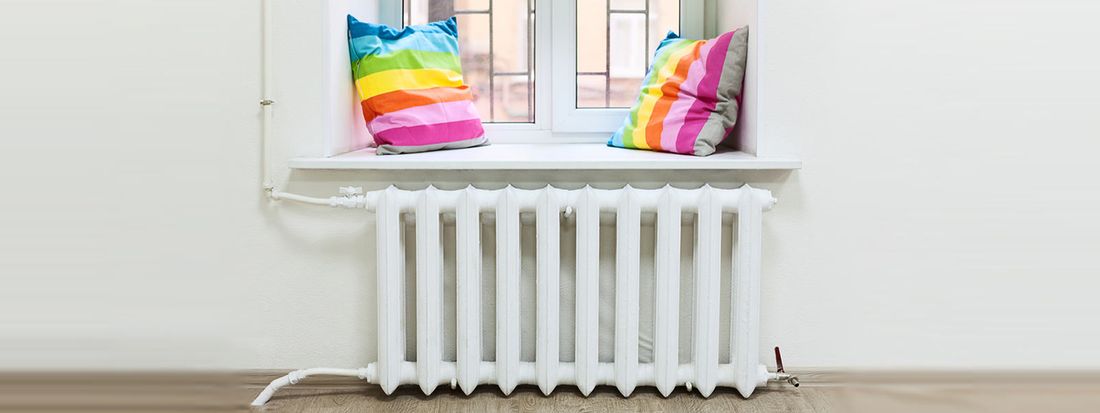Central heating systems are the heart of UK homes, ensuring warmth, comfort, and efficiency during the colder months. Over the years, various types of central heating systems have evolved, each offering unique features, benefits, and suitability for different property types. This comprehensive guide aims to demystify the different types of central heating systems prevalent in the UK, helping homeowners make informed decisions tailored to their specific needs.
Conventional (Regular) Central Heating System
Components
- Boiler: Heats water stored in a cylinder.
- Hot Water Cylinder: Stores hot water for later use.
- Cold Water Storage Tank: Supplies cold water to the system.
- Feed and Expansion Tank: Maintains water levels and accommodates expansion.
Features
- Suitable for larger properties with multiple bathrooms.
- Offers the flexibility of installing various heating controls.
- Requires ample space for the separate components.
System Boiler Central Heating System
Components
- Boiler: Heats water for both heating and hot water storage.
- Hot Water Cylinder: Stores hot water, eliminating the need for a separate cold water storage tank.
Features
- Ideal for properties with high hot water demand.
- Compact design compared to conventional systems.
- Enables multiple heating zones and advanced controls.
Combi (Combination) Boiler Central Heating System
Components
- Boiler: Heats water on-demand without the need for storage.
Features
- Compact and space-saving design, as it eliminates the need for a hot water cylinder and storage tanks.
- Provides instant hot water, ideal for smaller properties or homes with limited space.
- Energy-efficient, as it heats water only when needed.
Heat Only (Regular) Boiler Central Heating System
Components
- Boiler: Heats water for the central heating system.
- Hot Water Cylinder: Stores hot water for domestic use.
Features
- Suitable for properties with existing hot water storage solutions.
- Offers flexibility in system design and controls.
- Requires adequate space for both the boiler and hot water cylinder.
Key Considerations for Choosing the Right System
Property Size and Type
Larger properties with multiple bathrooms may benefit from conventional or system boilers, whereas smaller properties or apartments might be better suited for combi boilers.
Hot Water Demand
Properties with high hot water demand, such as large families, might prefer system or heat-only boilers, ensuring ample hot water storage.
Space Constraints
Properties with limited space may find combi boilers more suitable, given their compact design and on-demand hot water supply.
Energy Efficiency
Consider the energy efficiency ratings of different boiler types, aiming for systems that maximise energy savings and reduce environmental impact.
Installation and Maintenance Costs
Evaluate the installation and maintenance costs associated with each system, factoring in potential long-term savings from energy-efficient operation.
Additional Heating System Components and Controls
Thermostats
Control room temperatures and heating schedules.
Programmers
Schedule heating and hot water timings.
Radiators
Distribute heat throughout the property, available in various designs and sizes.
umps and Valves
Circulate hot water and regulate flow within the system.
Conclusion
Navigating the world of central heating systems can seem daunting, given the plethora of options and considerations. However, by understanding the distinct characteristics, components, and suitability of each system type, homeowners can confidently select a heating solution that aligns with their property’s requirements, lifestyle preferences, and budgetary constraints.
Whether opting for the traditional approach of a conventional system or embracing the compact efficiency of a combi boiler, the key lies in making informed decisions that prioritise comfort, efficiency, and sustainability in the UK’s ever-evolving heating landscape.
If you have any questions or are in need of further advice, just call a member of the EVO Plumbing and Heating team who will be happy to help.
Freephone 0800 920 2030
Alternatively you can enquire online and we will get back to you shortly.

